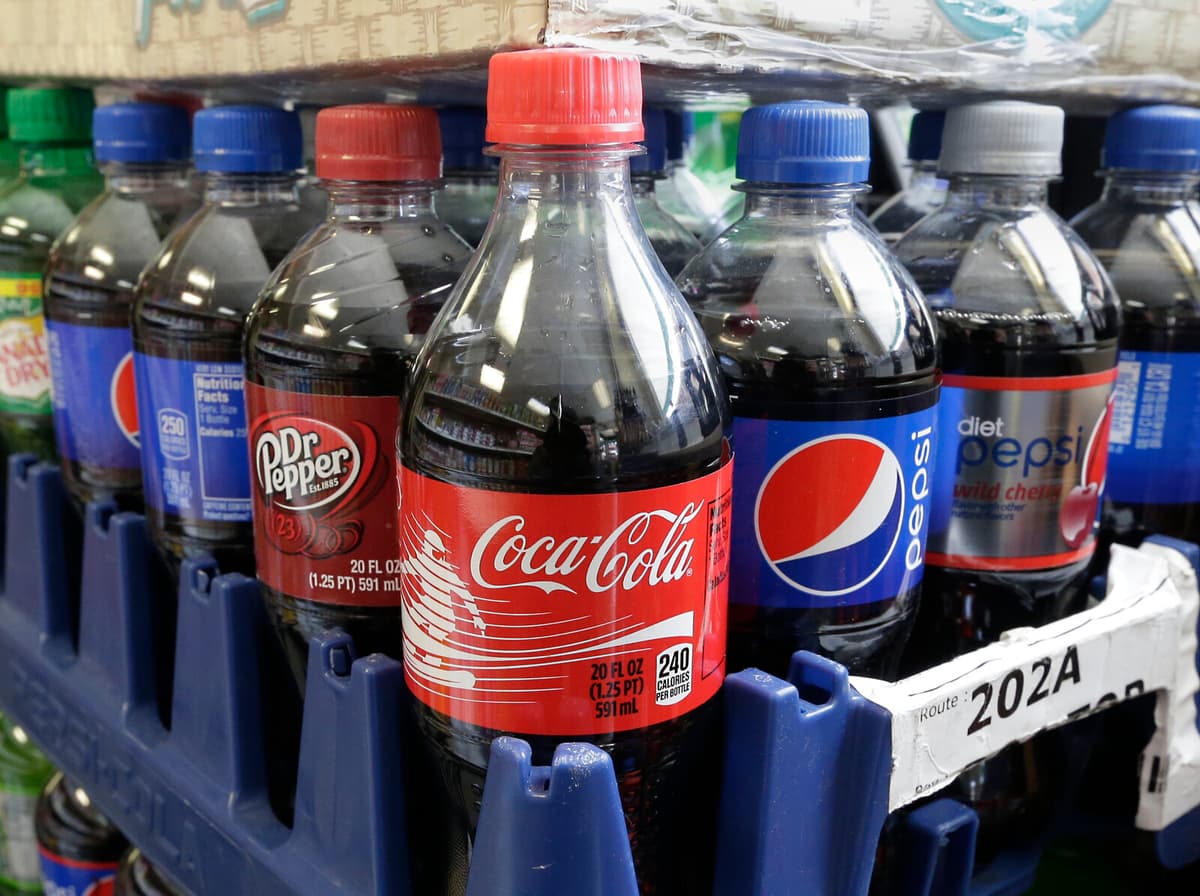In many parts of the world, soda and other sugary drinks are something that is consumed daily. The average Colombian drinks four liters a week, a South African 2.1 liters.
The problem with soda is that it is quickly consumed and absorbed by the body.
You get a lot in before you feel this feeling of fullness, says Elin Chorell, diabetes researcher at Umeå University, who is not involved in the current study.
The high calorie intake can lead to obesity, the body becoming resistant to insulin, and heart and vascular diseases and stroke. Moreover, drinking can occur at the expense of a more nutritious diet.
Millions
In the American study, published in Nature, they have looked at how much soda is consumed in different countries and age groups and based on that, run simulations of what the drinking leads to. The study does not take into account, for example, sedentary behavior and what individuals consume in addition to soda.
According to the simulations, 2.2 million people developed type 2 diabetes in 2020 due to their soda consumption, while 1.2 million developed heart and vascular diseases. It is every tenth and every thirtieth case in the world.
In certain regions, such as Sub-Saharan Africa, soda is linked to 21 percent of new diabetes cases, while in Latin America it is almost every fourth.
For many, the price can be the highest.
There are very many undiagnosed and untreated diabetes individuals. And then the mortality from the disease also becomes much higher. For diabetes is a deadly disease if left untreated.
"Strong forces"
How to address the problem is difficult to say. Elin Chorell says that some are experimenting with sugar taxes. Information campaigns and restrictions on how the drinks are marketed are other alternatives.
Countries can use this article to motivate political actions. I think that's a great strength. For it's strong forces you're competing against when it comes to the sugar industry. They are quite aggressive in their marketing in these countries, she says.
What was defined as a sugary drink in the study was all drinks with added sugar and at least 50 kcal per 0.24 liters.
Among them were soda, energy drinks, fruit drinks, and lemonade. However, juice made entirely from fruit/vegetables or sweetened milk were not included.






